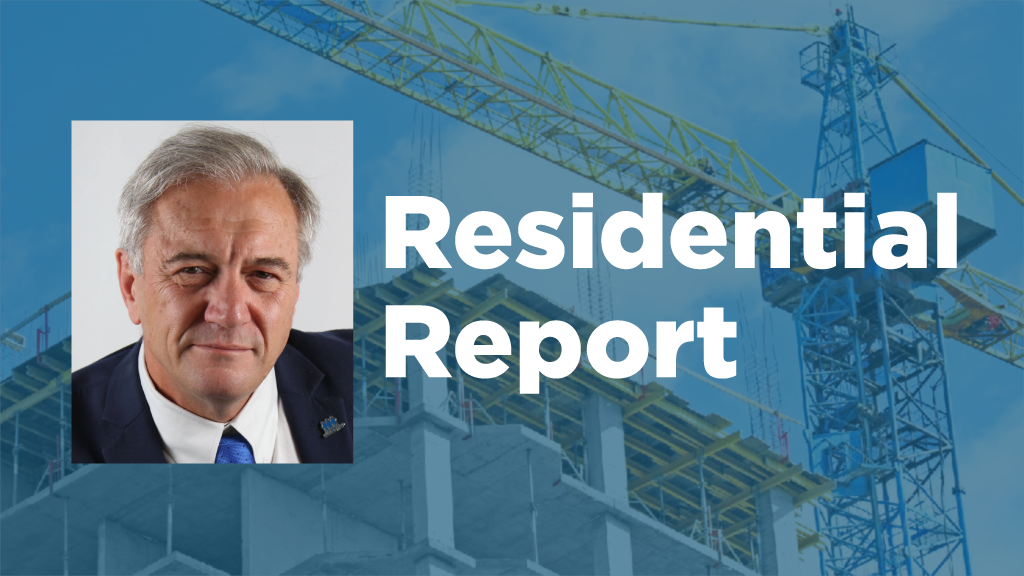Diversity, equity and inclusion, or DEI, are more than just fancy buzzwords. With today’s changing demographics and increased competition for skilled labour, the construction industry and employers need to have policies in place that encourage a more varied workforce.
It is not only the right thing to do; it also makes good business sense. Companies that fail to make DEI a priority may find they are unable to recruit and retain quality workers and risk falling behind.
Research has shown companies that embrace DEI can tap into a more inclusive talent pool, get better results from their teams and are more likely to outperform the competition.
For example, Deloitte reports diverse companies enjoy about 2.3 times higher cash flow per employee and Gartner, a data analytics firm, found inclusive teams improve company performance by up to 30 per cent.
Recruitment firm Glassdoor reports more than three out of four jobseekers and employees report a diverse workforce is an important factor when they are evaluating companies and job offers.
Done correctly, DEI widens the talent pool and enables companies to attract more qualified candidates, increase retention and reduce employee turnover, giving them a competitive advantage.
This relationship is hard to ignore.
At RESCON, we have embraced the positive aspects of having a more diverse workforce and released a with strategies that highlight how builders, employees and others in the construction industry can implement practices to help build a more positive culture.
The guide targets DEI cultural representatives, onsite labour, human resources and management, health and safety representatives, joint labour-management committees, external stakeholders and unions.
We also held a to launch the guide and provide information on what steps the construction sector can take to improve practices related to DEI. It has been well-received by the industry.
The goal is to create awareness on how DEI can impact a business, enhance a company’s ability to recruit, train and retain talent, eliminate or minimize the risk of health and safety issues, grievances and other related issues, and proactively eliminate risk in a business.
The guide is a resource for the broader construction industry and highlights the best practices for implementing DEI initiatives. It is meant to support employers in creating policies, procedures and programs.
Apart from the business case, though, there are legal reasons for the construction industry to have DEI policies in place. The Ontario Human Rights Code and Occupational Health and Safety Act clearly outline the responsibilities of employers to protect workers from instances of racism on jobsites.
The nine-page guide will help the industry understand why a positive workplace culture is a legal obligation but also crucial for the mental health and overall safety of employees on a worksite.
The document not only outlines the strategic advantages of promoting a positive workplace culture but provides tactics on how to lay the foundations for change by cultivating conflict resolution skills, addressing contentious topics, creating buy-in and facilitating open communication spaces.
There are tips for toolbox talks and what to do before, during and after a session.
Meanwhile, the guide explains where employers can find tools and materials to help with the process. Some of those tools include the RESCON Care Committee, BuildForce şÚÁĎłÔąĎÍř online courses, IHSA toolbox talks, and the Canadian Construction Association call to action.
RESCON has been a leader in the construction community when it comes to DEI and the fight against racism.
We spearheaded formation of a Construction Against Racism Everywhere campaign that was launched in 2020, and the following year we joined other contractor groups, unions and employers in signing a Declaration of Inclusive Workplaces and Communities in the City of Toronto.
Ontario is in dire need of housing and will require roughly 140,000 more construction workers in the next decade, so embracing DEI and creating a more positive workplace culture makes sense.
This latest initiative is a step towards making that happen. But there is still more work to be done.
Richard Lyall is president of the Residential Construction Council of Ontario (RESCON). He has represented the building industry in Ontario since 1991. Contact him at media@rescon.com.











Recent Comments
comments for this post are closed